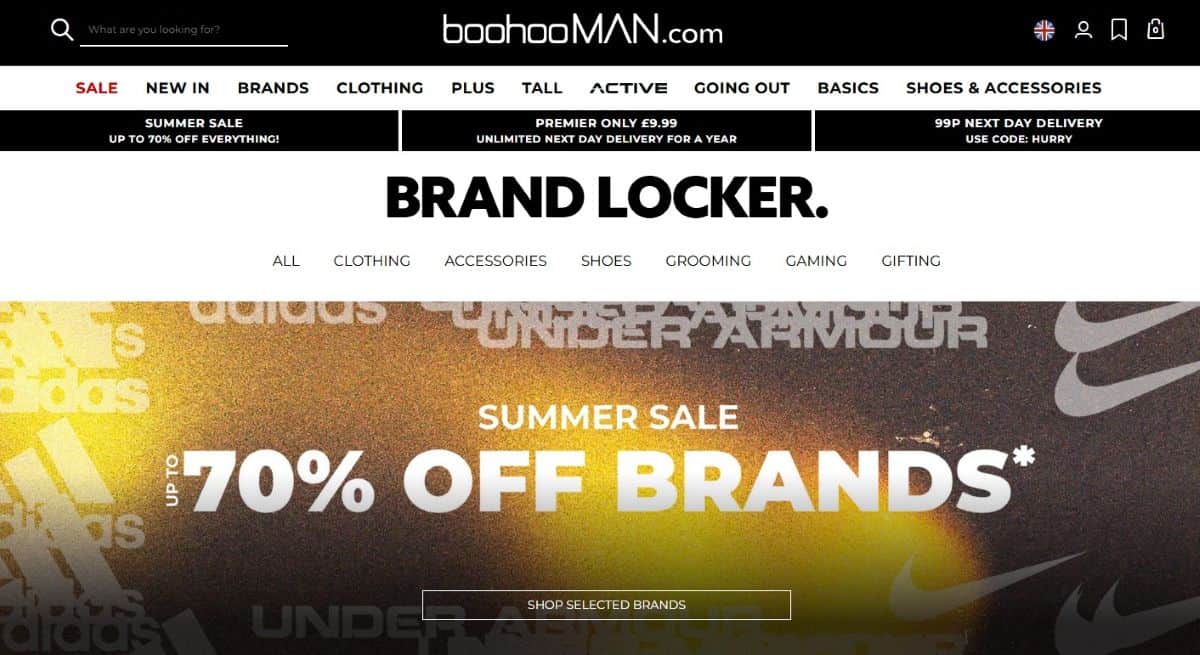More than 70% of UK customers will up sticks and abandon brands that are creepy, annoying and don’t listen to them, finds a study by Adobe.
Digging deep into the future of the digital customer experience, Adobe’s Future of Marketing research shows that better use of data is the primary way to build and deepen trust, and that brands winning trust are rewarded with more sales, advocacy, and long-term retention.
The main ways customers demonstrate their trust in a brand is by making more purchases (71%), recommending to friends (61%), joining a loyalty programme (41%) and posting positive reviews or comments on social media (40%).
However, the research also uncovered several ways that brands are compromising trust, namely through their use of customer data. The top three reasons customers left a brand during the past 12 months were because they are creepy, annoying and don’t listen.
According to the study,49% think that they are creepy tracking behaviour online/onmobile devices without permission and send emails/other communications without tacet agreement. Some 39% say they are annoying, sending too many communications and are not clear about their privacy policies or what they do with customer data.
The same amount (39%) say that brands don’t listen, instead continuing to send ads or communications, even after opting out.
If a brand oversteps the mark, customers are more than willing to take their business elsewhere: over half (54%) stopped purchasing from a brand last year after their trust was broken. Younger generations are the least likely to forgive a breach in trust, with 74% of GenZ and 67% of Millennials leaving at least one brand over the past 12 months.
Alvaro Del Pozo, Vice President of International Marketing at Adobe, comments: “If customers lose trust in the brand they are buying from then, as our research proves, they are highly likely to walk away and take their money with them. To earn and maintain trust, businesses have a responsibility to build more direct and personal relationships with them, by using customer data in a transparent and responsible manner, and that ultimately starts with marketing.”
When it comes to how their data is used, the research shows that customer expectations are reasonable and achievable, with ‘asking permission to use their data’ ranking as the most important thing a company can do to earn their trust (45%). Their next most important consideration is more ‘open and transparent’ use of their data (40%), closely followed by having more ‘control over their data’ (39%).
With brands more focused than ever on creating deeper and more meaningful connections through a data-driven digital customer experience, the Adobe’s research shows a gap has emerged between how highly brands rank themselves and differing customer opinion.
In fact, despite the fact 93% of British marketers say they are either ‘good’ or ‘excellent’ at delivering personalised experiences at scale, only 3 in 10 (32%) customers say the quality of digital experiences has improved over the past year.
Encouragingly, younger generations are more likely to rate their digital experiences higher, with 48% of GenZ and 46% of Millennials saying the quality had increased (versus 32% average). The experience gap and generational differences highlights that, although there is room for improvement, marketers that focus on building trusted relationships through more considered and personalised online experiences will thrive in the digital era.
Businesses adopting first-party data strategies to earn customer trust
With the third-party cookie landscape soon to become obsolete, brands are shifting their focus to first-party data strategies to earn customer trust, building more direct and personal relationships with their customer, based on data they have willingly shared.
The good news is that 85% of British businesses already possess a first-party data strategy, with 42% saying it has always been a top priority. However, many (43%) were prompted by recent changes in privacy regulations to create one, suggesting their understanding and use of first-party data is still in its infancy.
And, while many brands remain sensibly cautious about data governance (90% of UK respondents express some level of concern about complying with customer preferences and government regulations), the majority of businesses understand the importance of data compliance and preparing for a first-party future, with over two-thirds (67%) of UK marketing leaders saying their executive team prioritises data governance.









